Genus Passiflora, often known as passionflower, has more than 500 species of vines, predominantly tendril-bearing vines in the Passifloraceae family, with their distinctive blooms. The majority of species may be found in the Americas' neotropical areas. Others are planted for their palatable fruits, while some are grown as ornamentals. Many are crucial host plants for butterfly larvae.
While some are trees or bushes, the majority of passion flowers are climbing or prostrate vines with clutching tendrils. The plants can be either woody or herbaceous. Simple leaves can be lobed or whole, and many leaf forms can be produced by the same plant.
Table of Contents
About Passion Flower:
The number of recognised species of passionflower is 500. The Passiflora genus of plants is another name for them. According to several studies, some species may offer therapeutic advantages. For instance, Passiflora incarnata may be used to alleviate insomnia and anxiety.
Passionflower has been utilised by Native Americans to cure a number of ailments. These include liver issues, earaches, blisters, and sores.
Native Peruvians taught Spanish travellers about the passionflower. Due to their likeness to a cross, these plants were given that name. The word "the Passion" is used in Christian traditions to refer to the final chapter of Jesus Christ's life, which included his crucifixion.
Passion incarnata has been used to alleviate agitation and restlessness in Europe. And other individuals take it to manage anxiety. Additionally, the fruit is used to flavour several beverages.
The plant's branches, leaves, and blossoms make up the herbal supplement. Passion flower is available in tinctures, infusions, teas, liquid extracts, and teas for use in alternative medicine.
Health benefits of Passion Flower:
Anxiety/Depression
Passion Flower may be the most helpful herb if depression and menopause are associated. The alkaloids "chrysin" and "benzoflavone" contained in this plant have been discovered to boost GABA (gamma amino-butyric acid) in the brain in addition to reducing symptoms like hot flashes and night sweats, which are already depressing enough. The brain uses GABA, one of the inhibitory neurotransmitters, to maintain equilibrium and prevent overexcitation. It also aids in reducing the activity of brain cells that cause depression.
Insomnia
Passion flower is a somewhat sedative and anti-anxiety plant that can even be used to get kids to sleep through the night. In one study, participants who had problems sleeping were encouraged to consume a cup of passion flower tea before bed for a period of time. All of the volunteers reported seeing noticeable improvements in their sleep.
The increased GABA that Passion Flower might cause in the brain can help lessen the anxiety that is frequently linked to sleeplessness. As a muscle relaxant, passion flower is also believed to help people fall asleep more easily by releasing tension.
Antioxidant/Anti-inflammatory
Due to the presence of the antioxidant substances vitexin, isovitexin, kaempferol, quercetin, rutin, apigenin, and luteolin glycosides, passion flower has a strong antioxidant effect. Indole alkaloids, fatty acids, gum, maltol, phytosterols, sugars, and minute amounts of volatile oils are also present. One substance in particular, quercetin, has received a great deal of attention. It has been discovered to be incredibly powerful in removing harmful free radical molecules from the body and inhibiting a number of enzymes that contribute to inflammation.
Additionally, these substances calm the neurological system, which helps to lessen pain that is nerve-related, such back discomfort.
Blood Pressure is Reduced
According to studies, taking passion flower extract helps decrease blood pressure (hypertension). It was discovered that drinking one cup of passion flower tea each day can assist patients with moderate hypertension control their blood pressure levels. It is crucial to remember that folks who are using blood pressure medication shouldn't use this herb since it might dangerously drop blood pressure.
Oil from passion flowers:
One of the richest natural sources of omega 6 (linolenic) fatty acids is passion flower seed oil. This curative substance can be helpful for acne patients who have been shown to have less linolenic acid than "normal" skin types and helps to repair the barrier function of skin. Additionally, it has a lot of vitamin A, which helps oily skin by normalising oil production and slowing down the breakdown of collagen.
Passion Flower Seed Oil moisturises damaged hair and has anti-inflammatory effects that can help cure a dry, irritated scalp. It is also ideal for use on the scalp and hair.
Typical uses of Passion Flower:
Passion Flower Tea
You can make this by adding 1 cup of boiling water and 1 teaspoon of dried, chopped herb. Drink up to three times daily.
Infusion of Passion Flower
You can also add dried, chopped passion flowers with fruit juice or water.
Oil from passion flowers
A light, non-greasy carrier oil for an aromatherapy bath or massage may be made from passion flower seed oil. Simply select your preferred essential oils, diluted, and use for a rejuvenating massage or calming bath. When combined with other carrier oils, passion flower seed oil creates a richer, more opulent consistency.
Additionally, passion flower seed oil may be used straight on the skin or blended into handmade, all-natural skin and hair products.


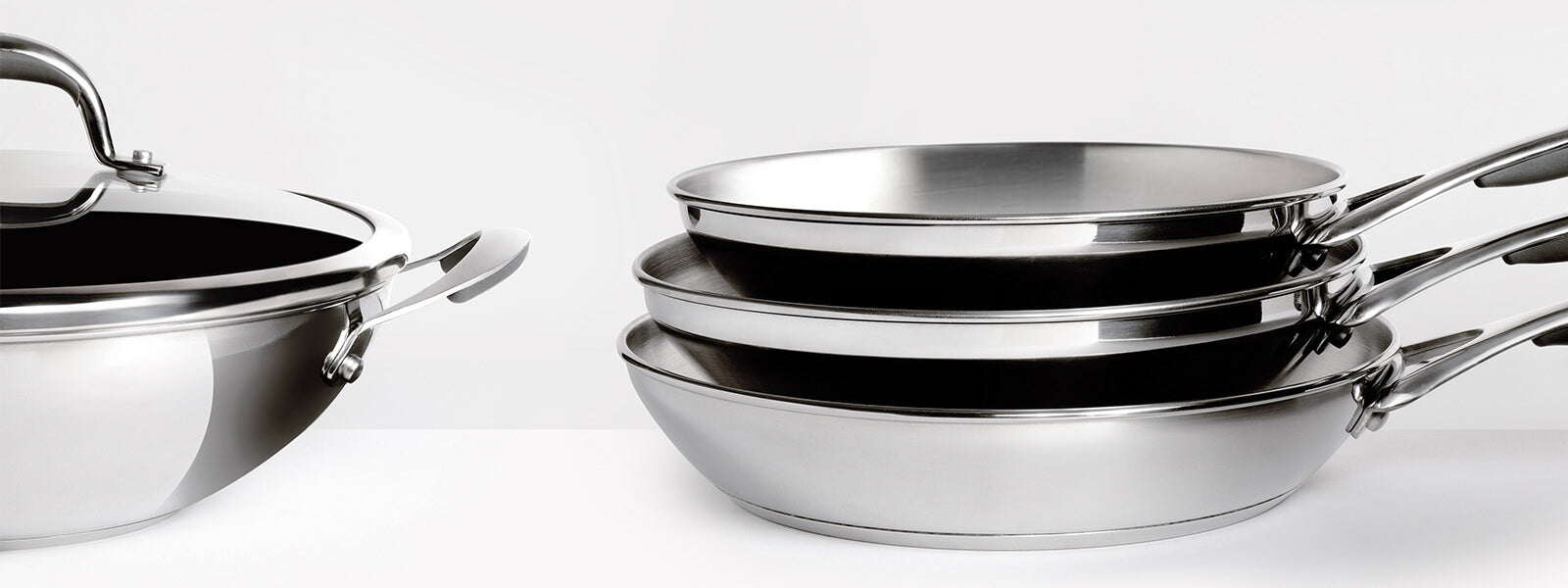
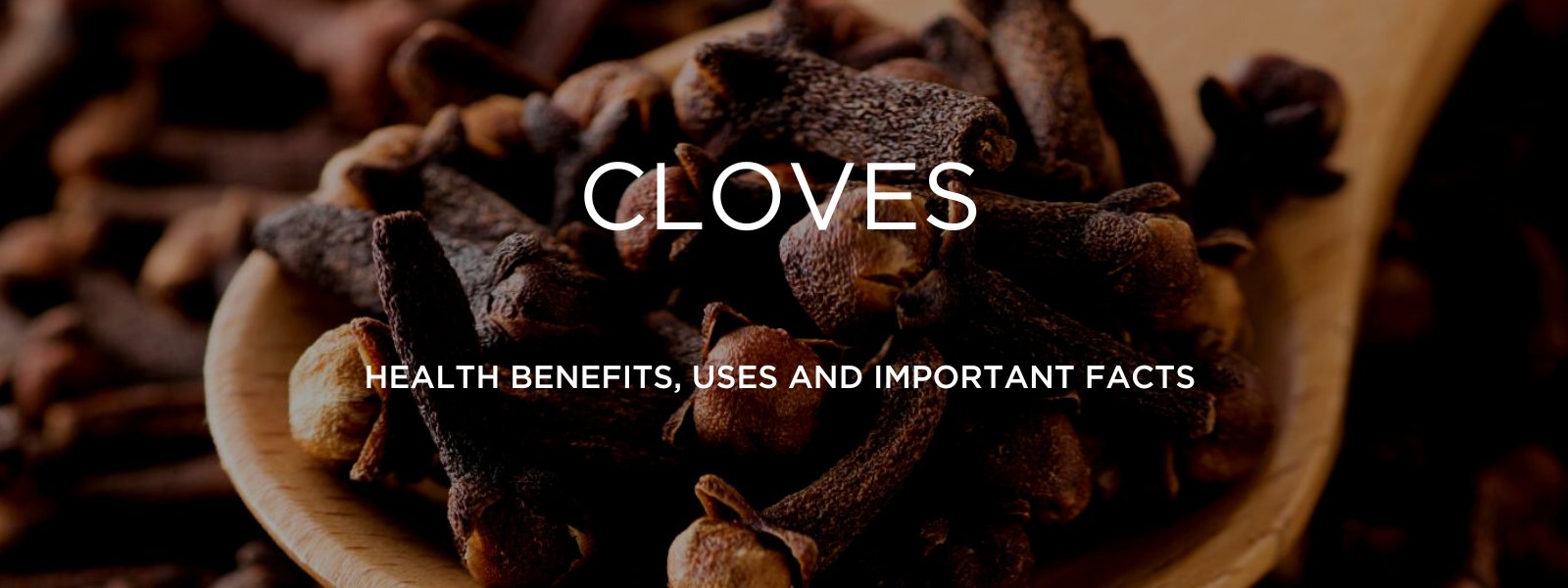
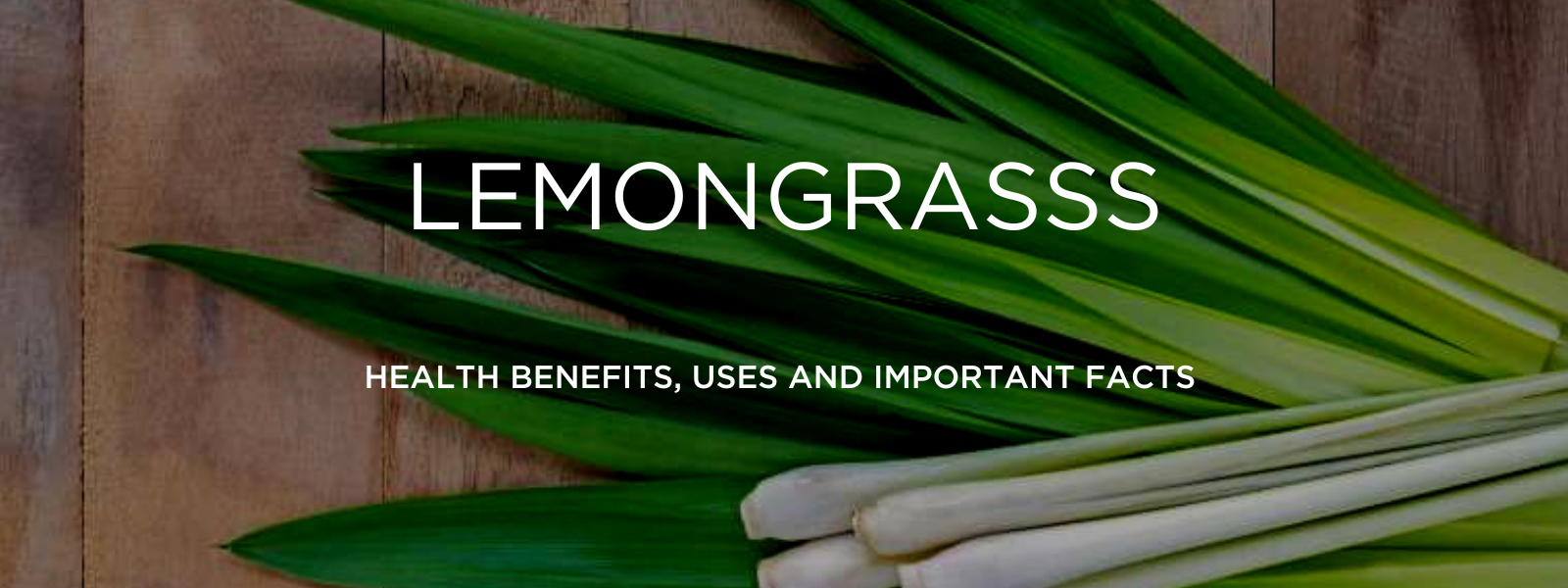
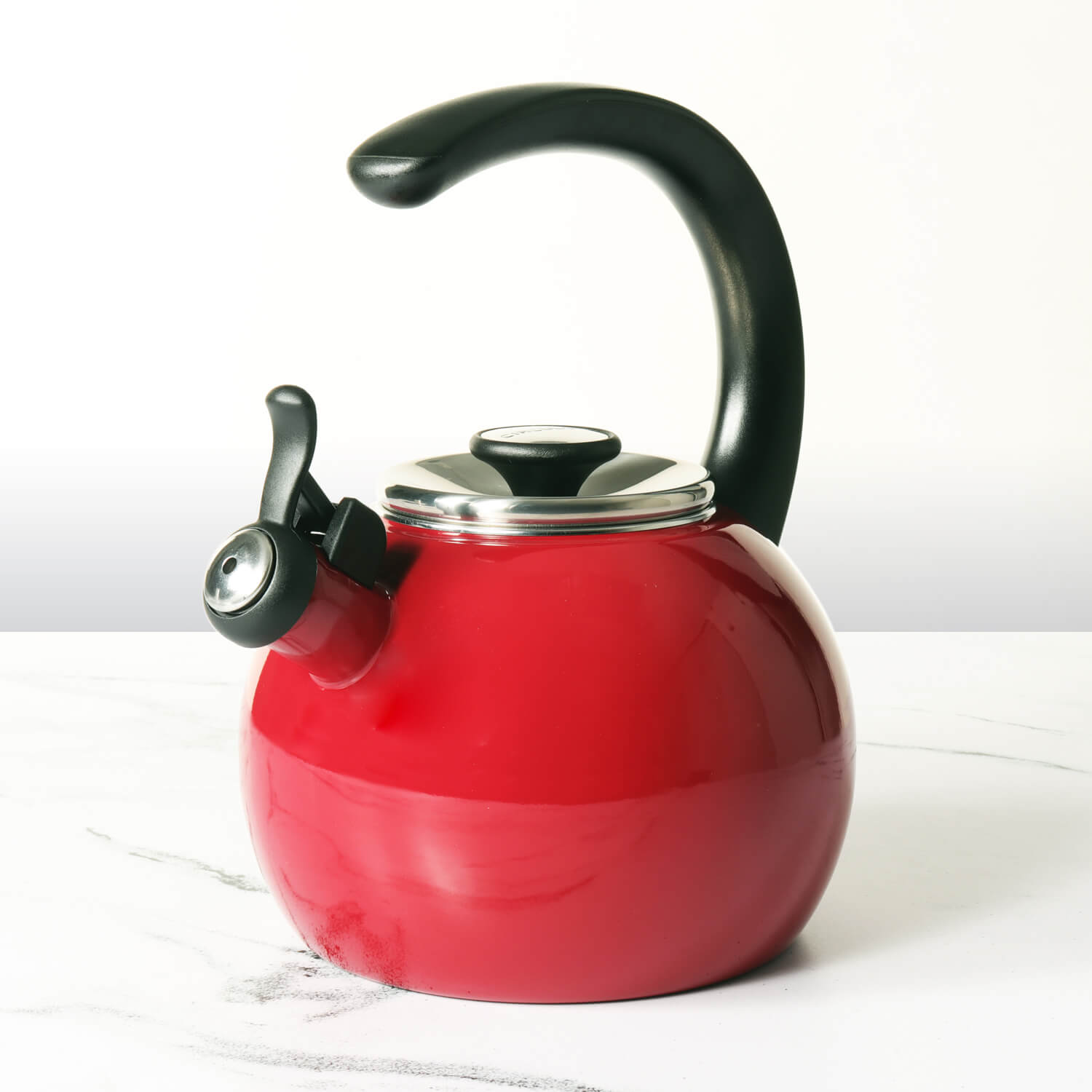
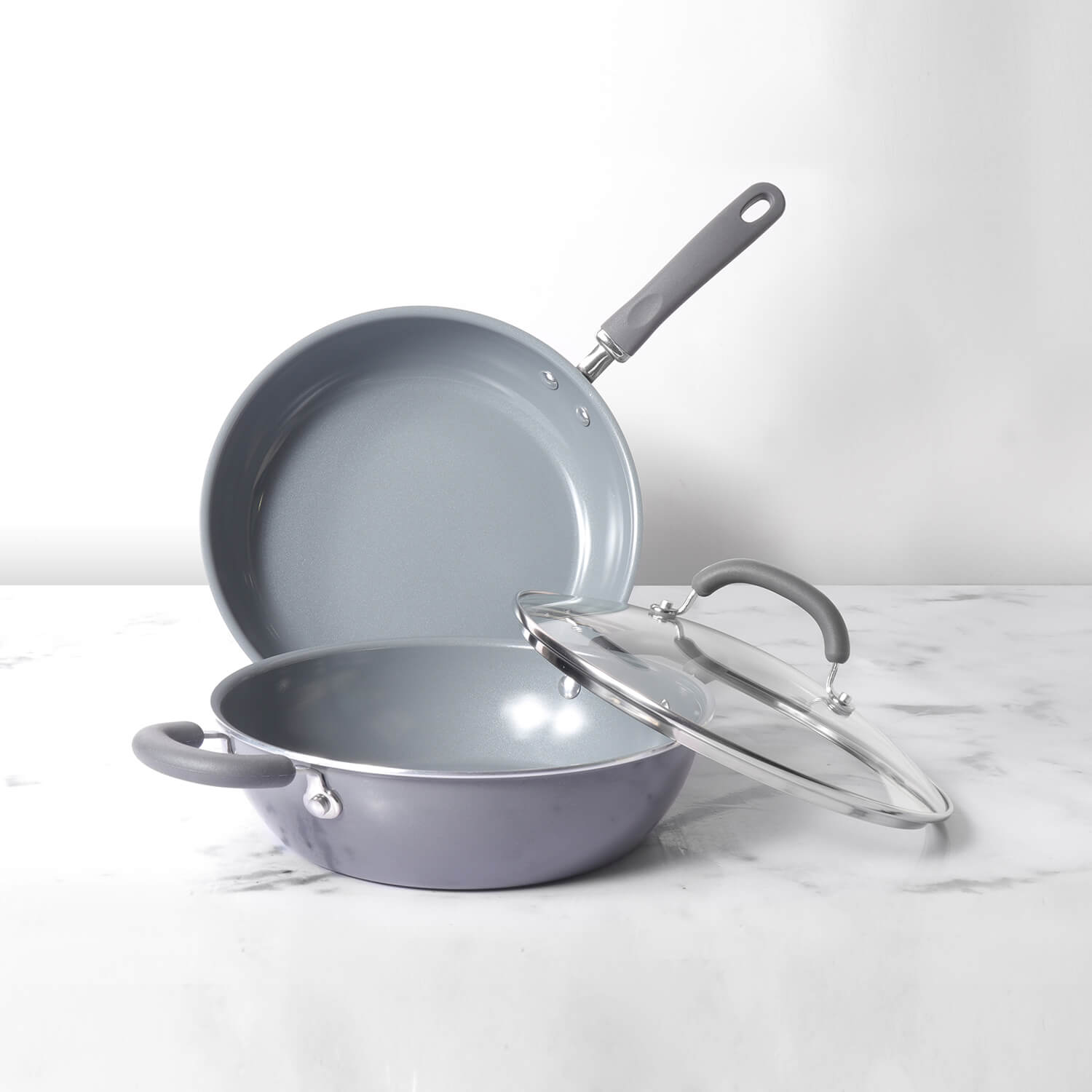




Leave a comment